What Is the Concept of "d/acc" Proposed by Vitalik Buterin?
What is 'd/acc'?
The Core of "d/acc"
Different From “e/acc”: More Cautious and Safer
MEXC Deepens Its Strategic Layout in Line with the Growth of the Ethereum Ecosystem
Popular Articles
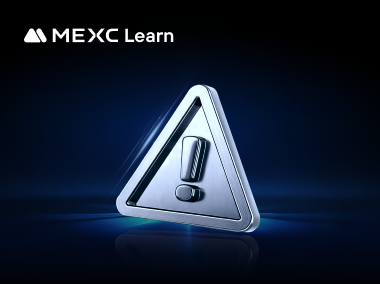
MEXC Copy Trading Service Agreement
This MEXC Copy Trading Service Agreement ("Agreement") is a contract between you ("you", "your" or "User") and MEXC ("we", "our", "us" or "MEXC"). It sets out the terms and conditions that governs you
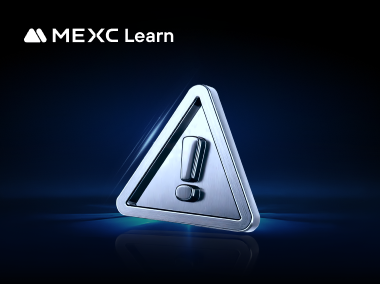
MEXC Copy Trading Service Agreement
This MEXC Copy Trading Service Agreement ("Agreement") is a contract between you ("you", "your" or "User") and MEXC ("we", "our", "us" or "MEXC"). It sets out the terms and conditions that governs you
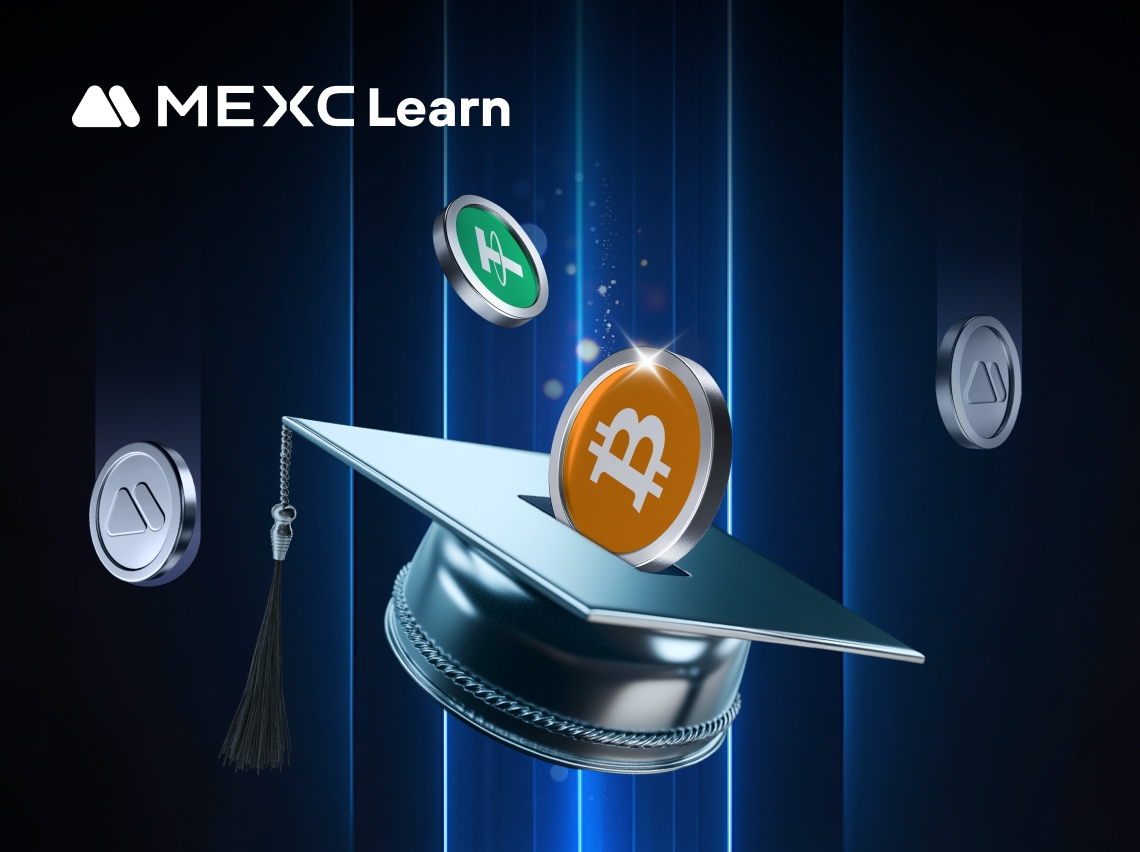
How to Recover Funds Lost in ETH Transfer Scams? Step-by-Step Recovery Methods
Losing Ethereum to transfer scams is devastating, but recovery may still be possible if you act quickly.This guide walks you through the critical steps to take immediately after discovering fraud, fro
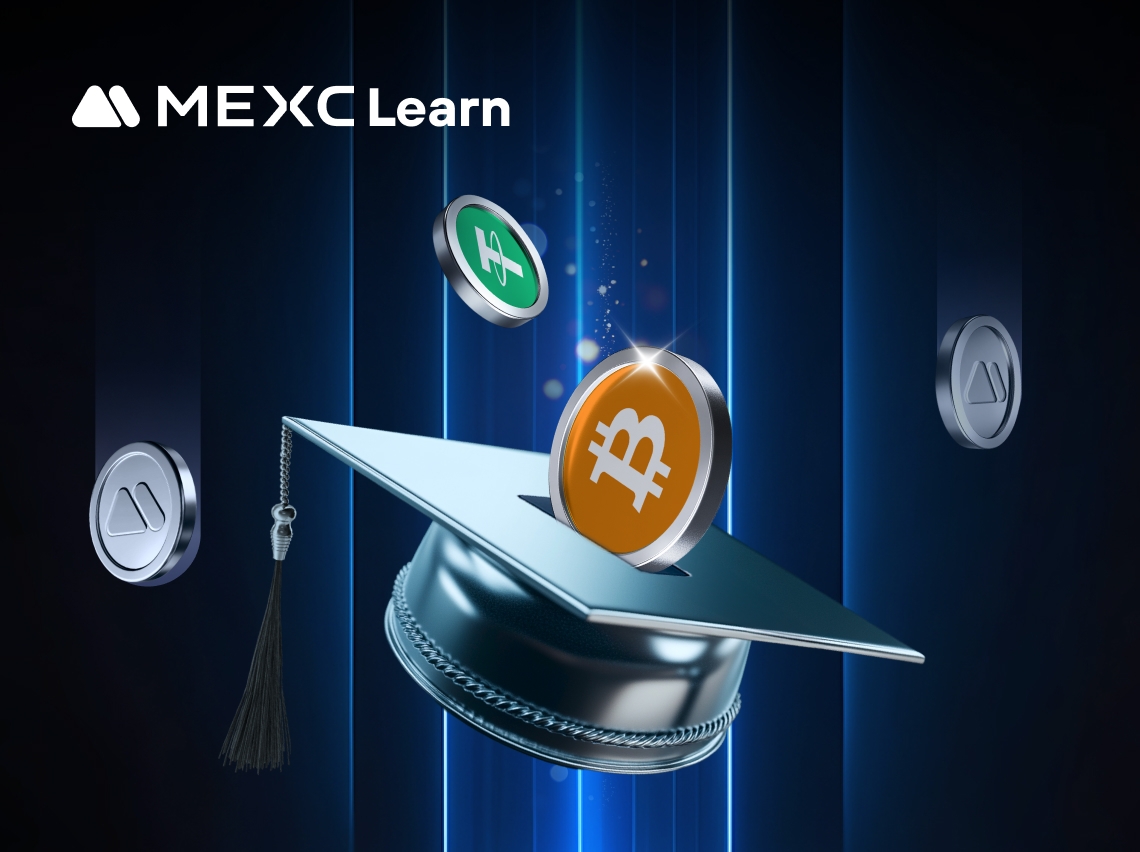
Is Ethereum a Stablecoin? The Truth About Ethereum and Stability
Many crypto newcomers wonder: is Ethereum a stablecoin? The short answer is no. Ethereum is a volatile cryptocurrency that powers decentralized applications, while stablecoins are designed to maintain
Hot Crypto Updates
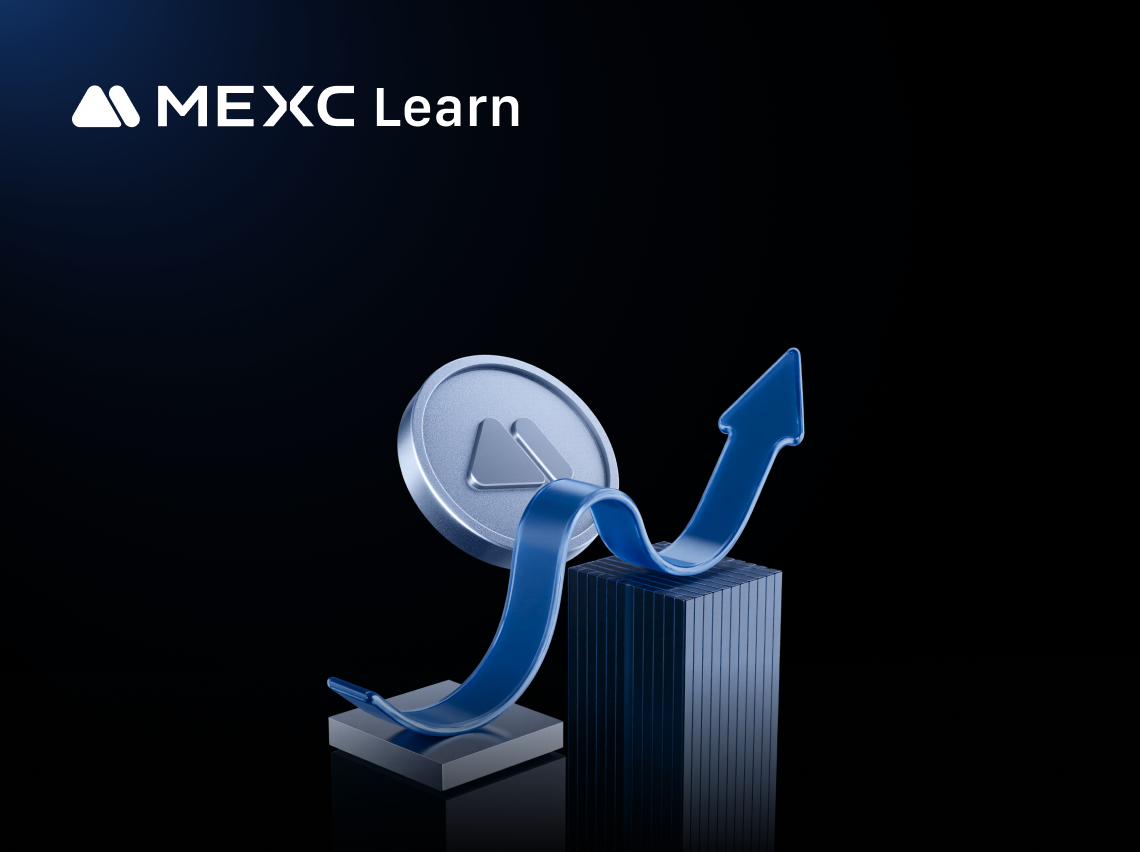
Dogecoin (DOGE) 7-day Price Change
The Latest Dogecoin (DOGE) price has shown significant movement over the past week. In this article, we'll examine its current Dogecoin price, 7-day DOGE price performance, and the market factors shap
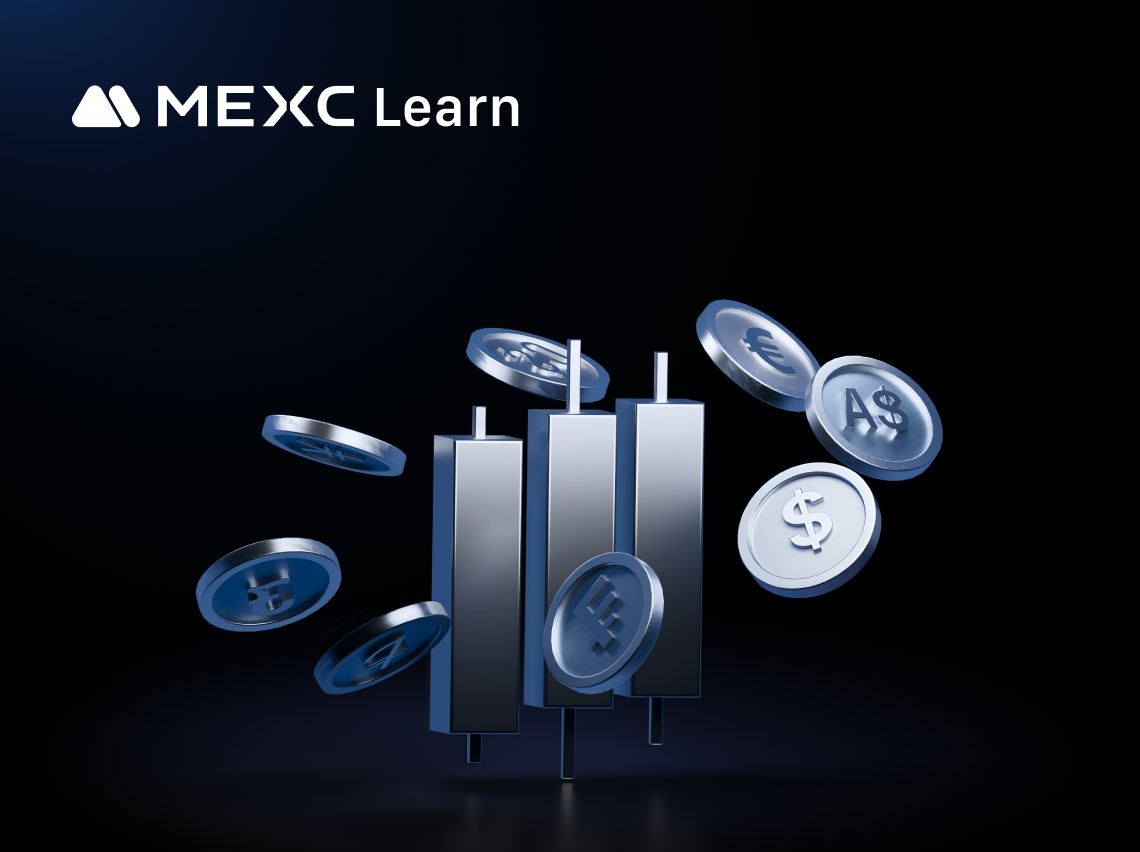
Dogecoin (DOGE) Price Prediction: Market Forecast and Analysis
Understanding the price prediction of Dogecoin (DOGE) gives traders and investors a forward-looking perspective on potential market trends. Dogecoin price predictions aren't guarantees, but they provi
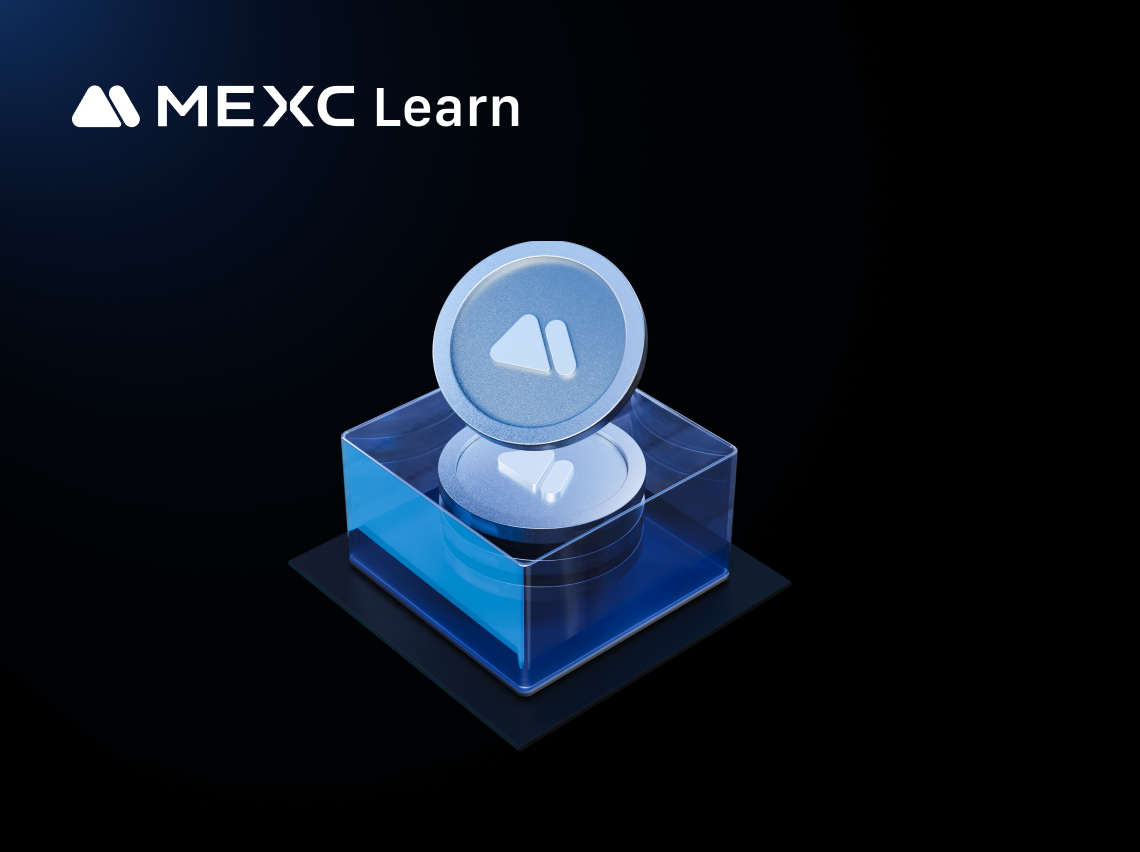
Dogecoin (DOGE) Short-Term Price Prediction
Introduction to DOGE Short-Term Price PredictionsIn the fast-paced world of cryptocurrency trading, short-term price predictions can help traders identify opportunities in daily, weekly, and monthly t
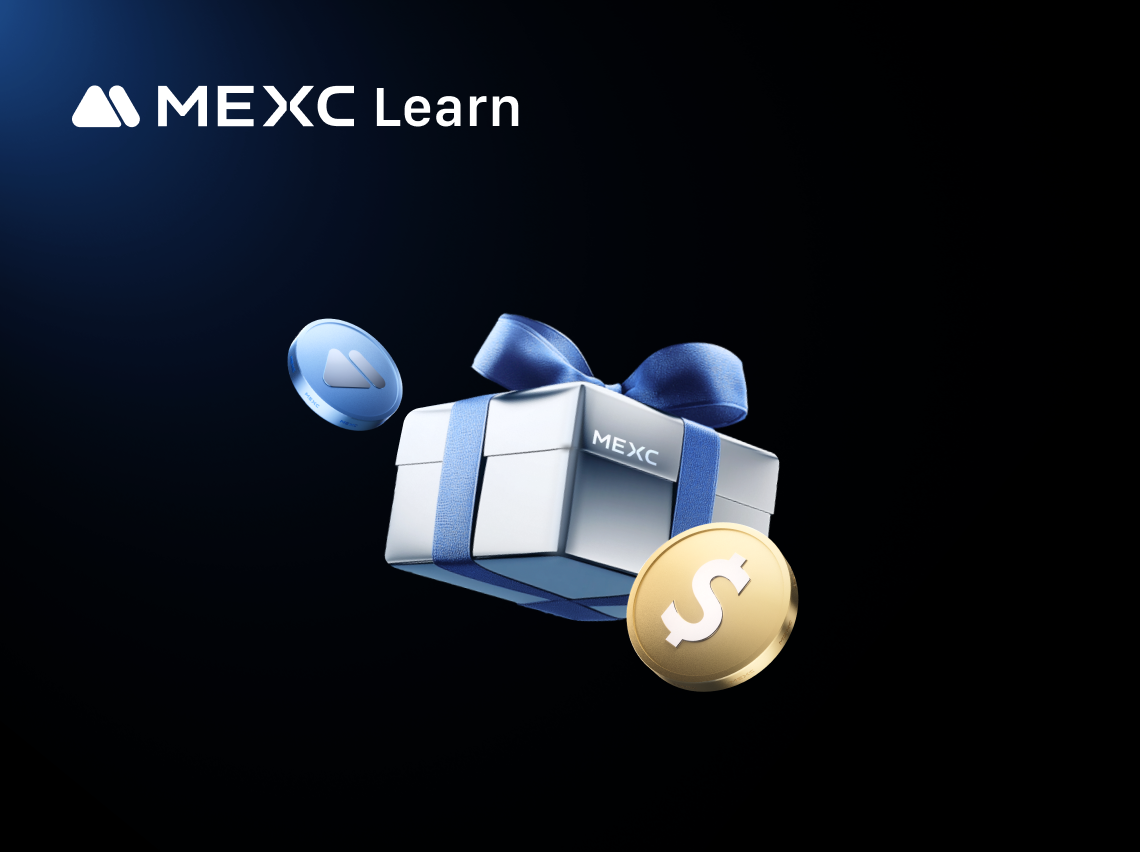
Dogecoin (DOGE) Latest Price: Fresh Market Updates
The crypto market changes minute by minute, and the latest Dogecoin (DOGE) price offers the most up-to-date snapshot of its value.[2] In this article, we highlight the newest movements, fresh data fro
Trending News
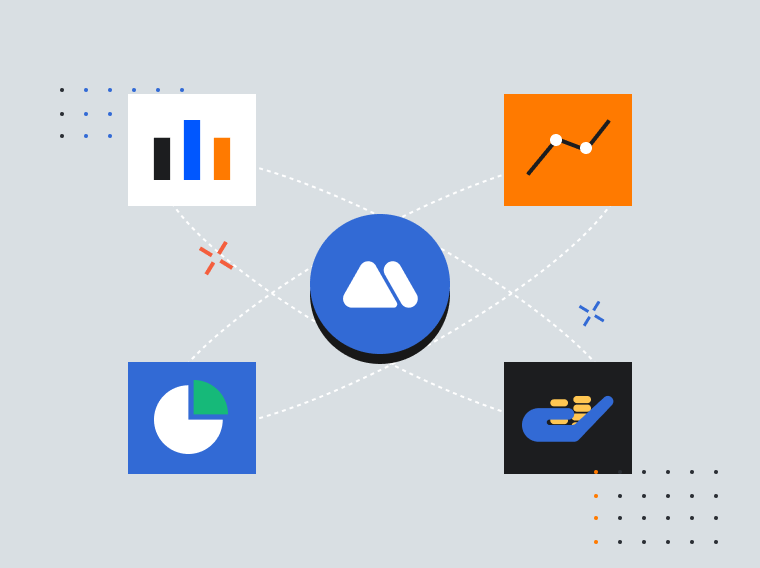
Sberbank explores crypto-backed loans as Russia softens stance on digital assets
Russian financial services giant Sberbank may soon start offering loans secured by cryptocurrency, one of its top executives unveiled. The news comes right

Understanding the Construction Industry Scheme
The Construction Industry Scheme, commonly known as CIS, is a tax system used in the UK construction sector. It sets out how payments made by contractors to subcontractors

Interest rate cuts are coming – investors can expect a 200% increase in returns through Goldenmining
GoldenMining promotes cloud mining contracts with fixed daily payouts and claims of 200% returns, offering XRP, BTC, ETH, and DOGE options with low entry barriers.

Zcash Price Analysis: ZEC Eyes $662 Retest After Major Whale Withdrawal
One of the most significant on-chain transactions that has come into the limelight is where a newly formed wallet withdrew 50K tokens of ZEC worth approximately
Related Articles
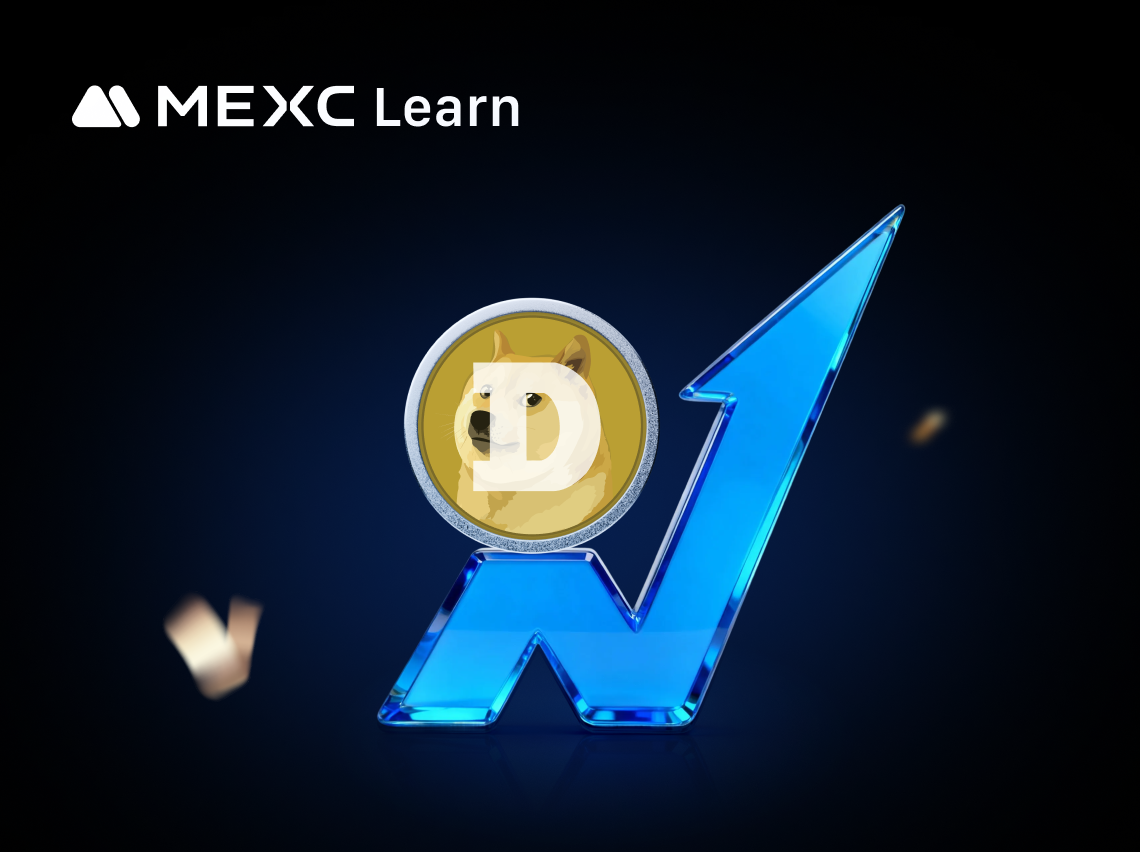
Dogecoin ETF: What We Know So Far and Whether It Could Happen
Key Takeaways:REX-Osprey Dogecoin ETF (DOJE) launched in September 2025 as the first U.S. product offering DOGE exposure via a mix of holdings and derivatives.Grayscale Dogecoin Trust ETF (GDOG) debut
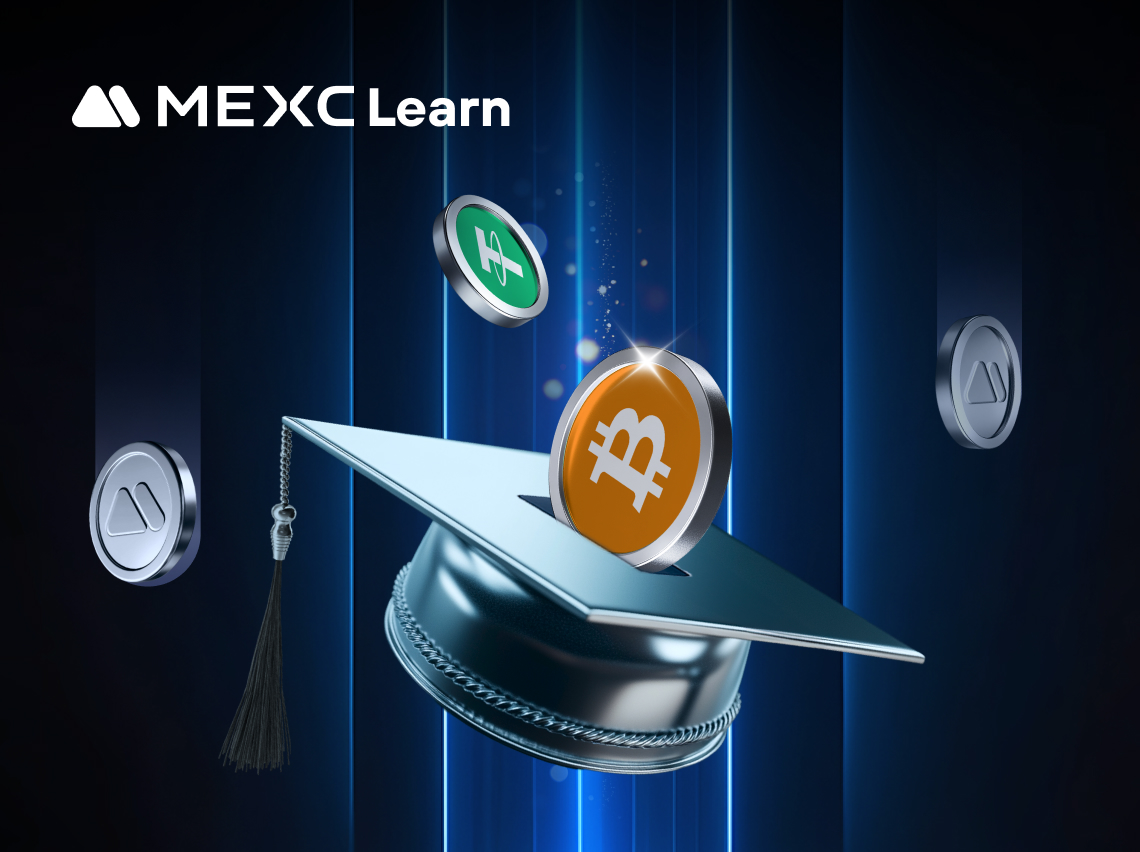
Is Dogecoin Dead? A Data-Driven Look at DOGE’s Survival Through Market Cycles
Key Takeaways Dogecoin (DOGE) is not dead; it remains a liquid, actively traded asset with a market capitalization exceeding $20 billion as of late 2025. Though trading below its all-time high of $0.7
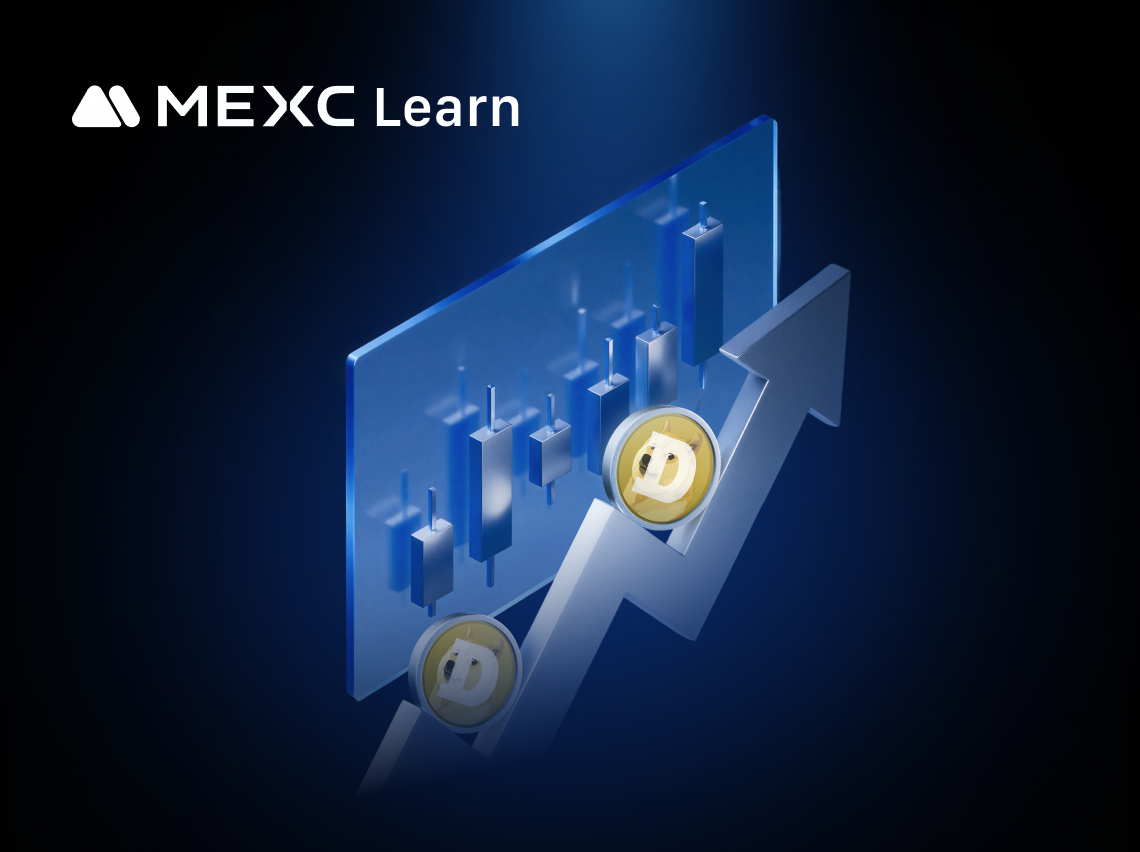
Dogecoin Price History: Major Cycles, Market Drivers, and Key Lessons
Key TakeawaysDogecoin has experienced extreme volatility, moving from near dormancy (2013–2020) to meme-driven surges (2021) and significant post-2021 corrections.The explosive 2021 surge drove DOGE t
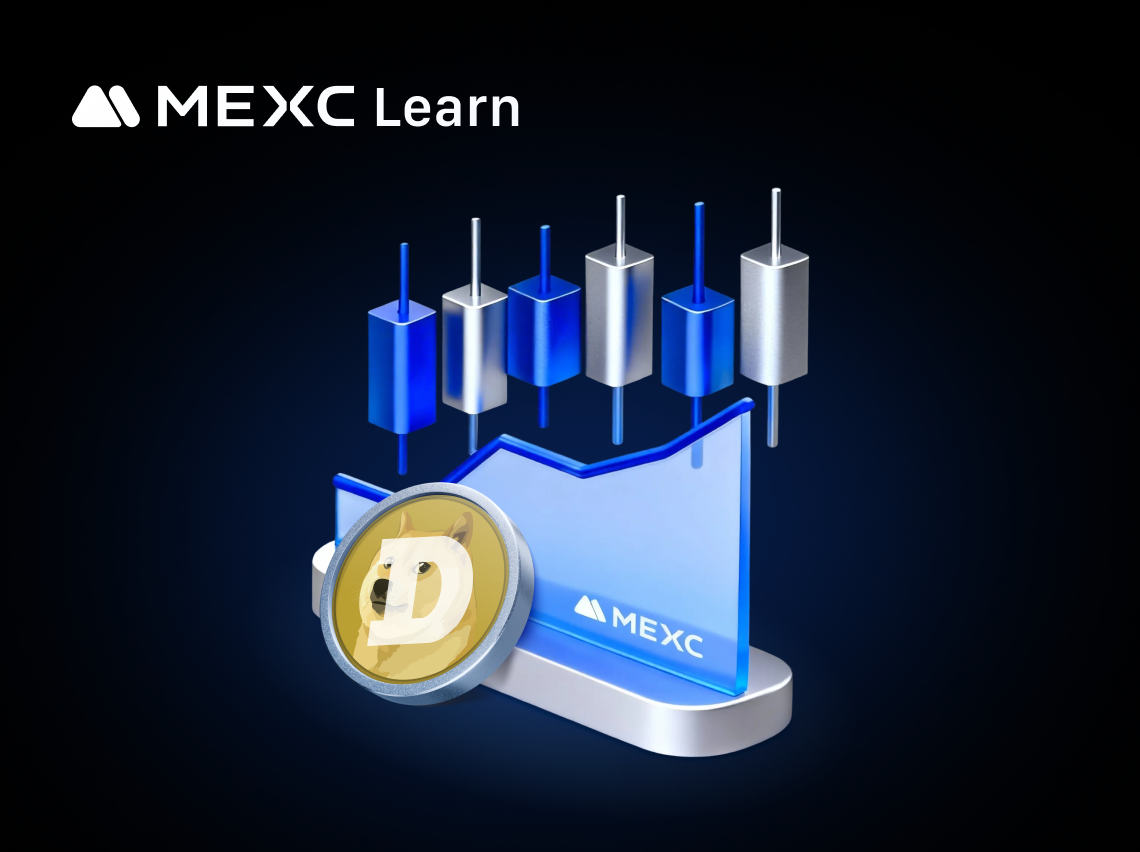
Dogecoin Marketcap Explained: What It Means and How It Shapes DOGE's Value
Key TakeawaysMarket capitalization (market cap) measures the total dollar value of Dogecoin (DOGE), calculated as current price × circulating supply.As of December 2025, Dogecoin's market cap stands a
